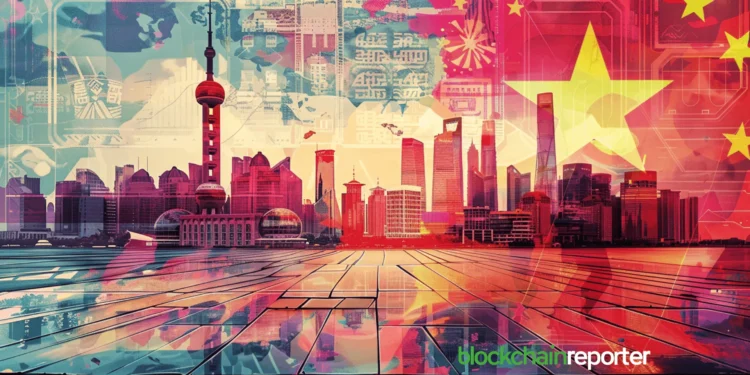Yao Qian, a top personality in blockchain technology in China, is now under government investigation for possible legal offenses. Yao Qian has played a major role in the invention of the Chinese Central Bank Digital Currency. He was the first director of the central bank’s digital currency research institution.
Blockchain Enthusiast Yao Qian Under Scrutiny for Possible Violations
Yao Qian, the current director of the Science and Technology Supervision Department and the Information Center of the China Securities Regulatory Commission, is under investigation because of severe vacancies and violations of discipline and law, according to recent news.
Central Committee is currently investigating it, overseen by the Discipline Inspection and Supervision Team of the State Commission for Discipline Inspection. Moreover, the Supervisory Committee of Shanwei City, Guangdong Province, is also handling it, overseeing the supervision and investigation. It is not clear to the public why Yao Qian is under investigation. Nevertheless, his systemic contribution to China’s blockchain and digital currency activities has made him prominent in China and beyond.
Uncertainty Surrounds Yao Qian’s Investigation into Legal Issues
Yao Qian has made a significant contribution to the development of China’s CBDC. As a director of a digital currency research institute under the control of the Central Bank, he largely formed China’s attitude to its own approach to digital currencies and blockchain technologies.
The issue of investigating Yao Qian raised a lot of questions in both financial and blockchain circles. As he is involved in the most high-profile high-tech projects, and he is an obvious defender of blockchain technologies, his fate arouses great interest and speculation.
The outcome of Yao Qian’s investigation into presumably breaking the law is still unknown, and its effect on the China’s blockchain and digital currencies will be clear after investigation works taking place. However, this incident clearly demonstrates the difficulties and peculiarities of modern high-tech market regulation in China.























